- Doctors & Departments
-
Conditions & Advice
- Overview
- Conditions and Symptoms
- Symptom Checker
- Parent Resources
- The Connection Journey
- Calm A Crying Baby
- Sports Articles
- Dosage Tables
- Baby Guide
-
Your Visit
- Overview
- Prepare for Your Visit
- Your Overnight Stay
- Send a Cheer Card
- Family and Patient Resources
- Patient Cost Estimate
- Insurance and Financial Resources
- Online Bill Pay
- Medical Records
- Policies and Procedures
- We Ask Because We Care
Click to find the locations nearest youFind locations by region
See all locations -
Community
- Overview
- Addressing the Youth Mental Health Crisis
- Calendar of Events
- Child Health Advocacy
- Community Health
- Community Partners
- Corporate Relations
- Global Health
- Patient Advocacy
- Patient Stories
- Pediatric Affiliations
- Support Children’s Colorado
- Specialty Outreach Clinics
Your Support Matters
Upcoming Events
Colorado Hospitals Substance Exposed Newborn Quality Improvement Collaborative CHoSEN Conference (Hybrid)
Monday, April 29, 2024The CHoSEN Collaborative is an effort to increase consistency in...
-
Research & Innovation
- Overview
- Pediatric Clinical Trials
- Q: Pediatric Health Advances
- Discoveries and Milestones
- Training and Internships
- Academic Affiliation
- Investigator Resources
- Funding Opportunities
- Center For Innovation
- Support Our Research
- Research Areas

It starts with a Q:
For the latest cutting-edge research, innovative collaborations and remarkable discoveries in child health, read stories from across all our areas of study in Q: Advances and Answers in Pediatric Health.



Sex Development Outcomes – Achieving Results (SOAR) Clinic
The SOAR Clinic at Children’s Hospital Colorado provides care and support to infants, children, young adults and families affected by a disorder of sex development (DSD). DSDs are also called differences of sex development and are sometimes referred to as intersex. Caregivers in our DSD clinic address the physical, emotional and psychological concerns associated with these conditions.
Ever-evolving treatment and understanding
As care for children with DSDs evolves, we at the SOAR Clinic make changes to our treatment approach, and we include our patients and their families in discussions about their individualized treatment plans. We also recognize that the terminology regarding DSDs is always evolving and we understand how this can affect our patients and families.
Throughout our work, we use various terms in order to effectively reach families and referring providers who may only be familiar with some of the terminology. However, we know the language we use is important, and we use language that is aligned with the preferences of our patients and their families during clinic visits. If you prefer that we use certain terminology during your visits, please let us know, as we want to make you and your child feel as safe and as comfortable as possible.
What is a disorder of sex development?
DSDs are conditions in which the internal sex organs or external genitalia develop differently. DSDs occur in approximately one in every 2,000 births. We care for patients with a wide variety of DSDs.
What causes a DSD?
Sex development begins early during pregnancy and continues throughout life. Sex development is a complex process that is influenced by a number of factors, including chromosomes and hormone production. Variations in these processes can result in differences in the internal sex organs as well as the external genitalia.
Specific DSD conditions we treat
In the SOAR Clinic, we care for patients with the following conditions:
- Congenital adrenal hyperplasia (CAH)
- Complete or partial androgen insensitivity syndrome (AIS)
- 5-alpha reductase deficiency
- Disorders of testosterone synthesis
- Gonadal dysgenesis (partial, mixed and complete)
- Sex chromosome mosaicism
- Ovotesticular disorders
- Atypical development of the external genitalia (clitoromegaly or micropenis)
- Aphalia
- Vaginal agenesis, Mayer-Rokitansky-Küster-Hauser (MRKH) syndrome
What to expect at the SOAR Clinic
During their first visit to the clinic, patients and families meet with members of the care team. Once the team understands the patient’s condition, the team coordinates a care plan, which may involve additional tests and therapies. Patients and their families also have the option to meet with a volunteer SOAR Clinic advocate. Our Clinic advocates are adults with DSDs, or parents of children with DSDs, that serve on our team in a volunteer capacity to answer questions and provide support. We welcome and encourage families to stay for a support group after their appointment.
Services we offer to patients with DSD
- Evaluation by the SOAR clinical team in one visit
- Endocrine and genetic testing and counseling
- Hormone replacement therapy
- Minimally invasive surgery
- Gynecologic services and surgery
- Psychological support to patients and families
- A support group dedicated to DSD patients and families
- Prospective research and clinical trials
Why choose treatment at the SOAR Clinic at Children’s Colorado?
Individualized treatment from pediatric experts
The SOAR Clinic provides a team approach to caring for patients with a DSD. Our DSD clinic provides comprehensive and individualized care including evaluation, medical and surgical management, psychological counseling and support and education for families. Members of the team coordinate patient care to ensure integrated and effective treatment plans.
Patient and family participation in decision-making
Children’s Colorado encourages patients and their families to participate in important health decisions, especially when considering a surgical intervention. We emphasize age-appropriate education for our patients, because education helps kids become comfortable with their diagnosis and share in the decision-making process as they grow. Ultimately, our goal is to provide continuous support for patients with DSD to help them become healthy, confident adults.
Meet our DSD clinic team
The SOAR Clinic includes experts from multiple pediatric specialties who care for babies, children, teens and young adults every day. This type of multidisciplinary approach helps us provide more comprehensive treatment. And, because this field of medicine is always evolving as new medical information and evidence becomes available, we believe a collaborative effort helps the entire team stay abreast of the newest advancements. The types of DSD specialists that a patient sees will depend on their unique care plan.
Our DSD care team includes specialists from:
- Pediatric endocrinology
- Pediatric urology
- Pediatric genetics
- Pediatric psychology
- Pediatric and adolescent gynecology
- Pediatric nursing
- Volunteer advocates
Additional DSD resources
We recommend the following resources for additional information about diagnosis, treatment and support:
- American Academy of Pediatrics: Information about disorders of sex development and intersexuality
- InterConnect: Support group that provides support, education, and outreach to foster healthy outcomes for adults, youth, children, and families affected by intersex/DSD
- DSD Families: Resources for families with children, adolescents and young adults who have a DSD
- DSD Teens: Provides information for young people on living with DSD, puberty and growing up
- CARES Foundation: Research, support, and education for families affected by congenital adrenal hyperplasia (CAH)
- Hypospadias and Epispadias Foundation: Information and support for people with hypospadias and epispadias conditions and their families and loved ones
A safe haven for children with DSD
Read about a mother's journey when her child was diagnosed with a DSD and the one-of-a-kind patient advocacy program that her family embraced.

Compassionate care, wherever you are
We’re here when you need us. Telehealth appointments are available across every specialty, so you can get the high-quality care we’ve always offered from the comfort, privacy and convenience of home.
See if telehealth is right for you
Get to know our pediatric experts.
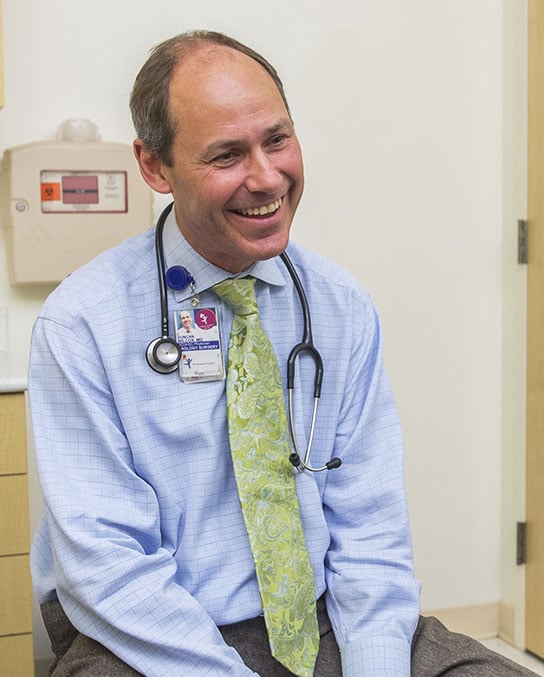
Duncan Wilcox, MD
Urology - Pediatric
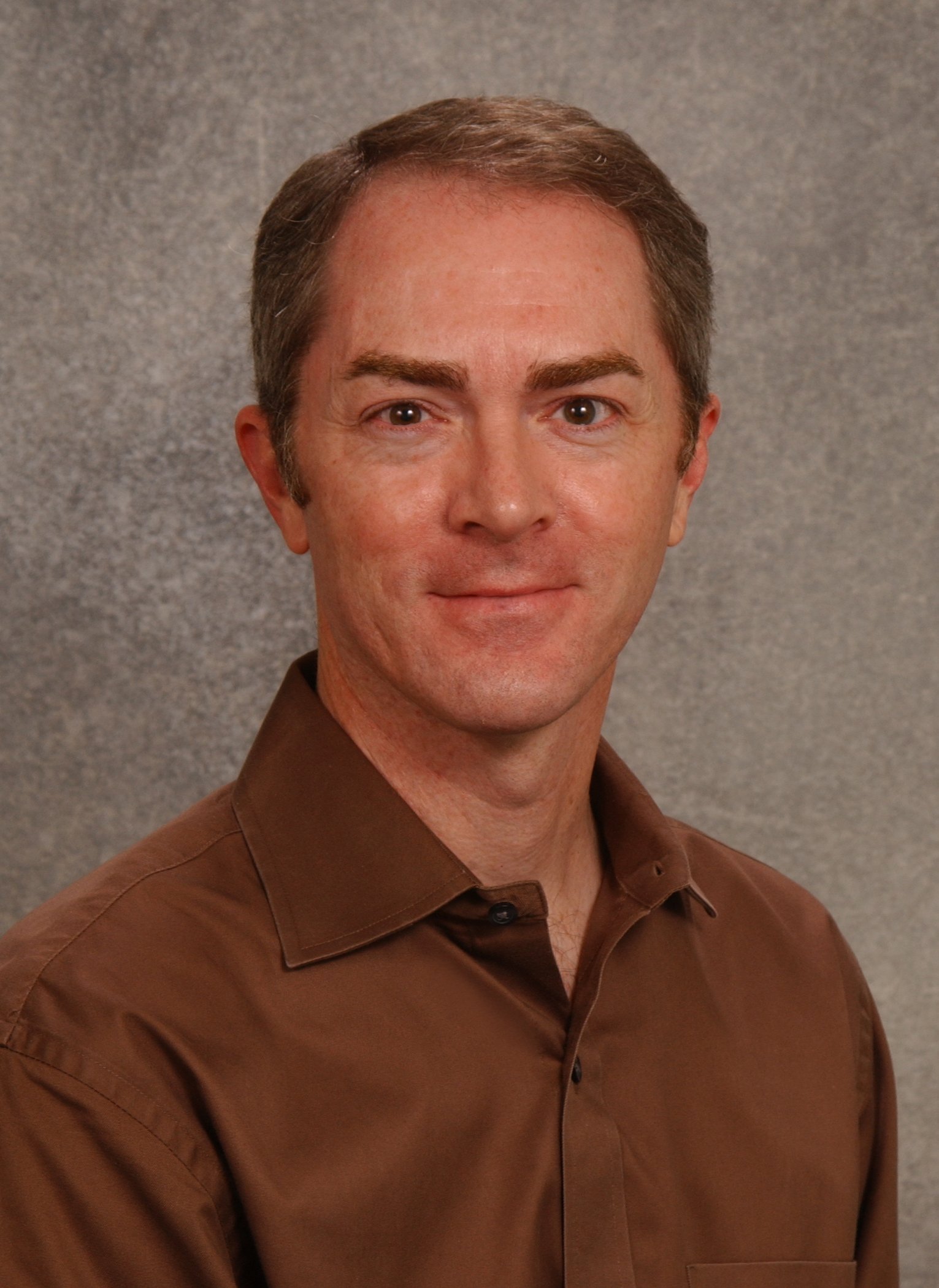
Bradley Jackson, PhD
Patient ratings and reviews are not available Why?
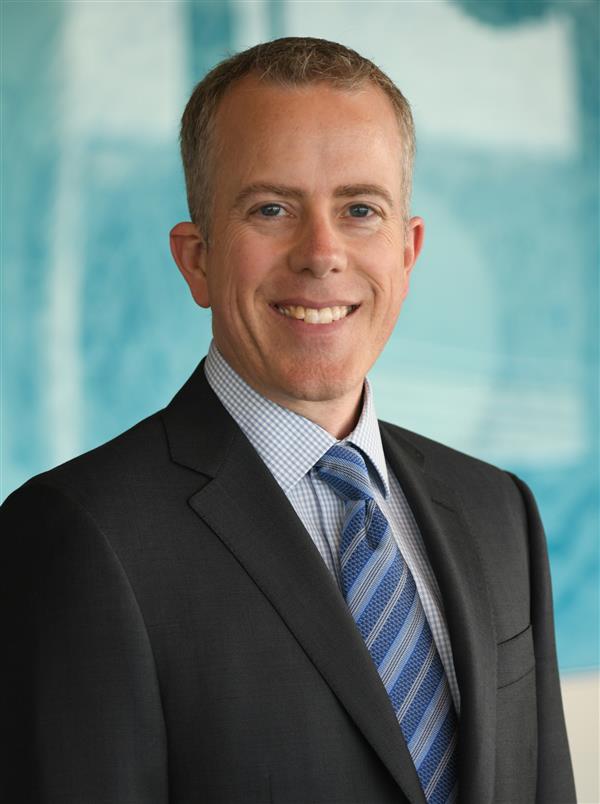
Jeff Campbell, MD
Urology - Pediatric, Urology
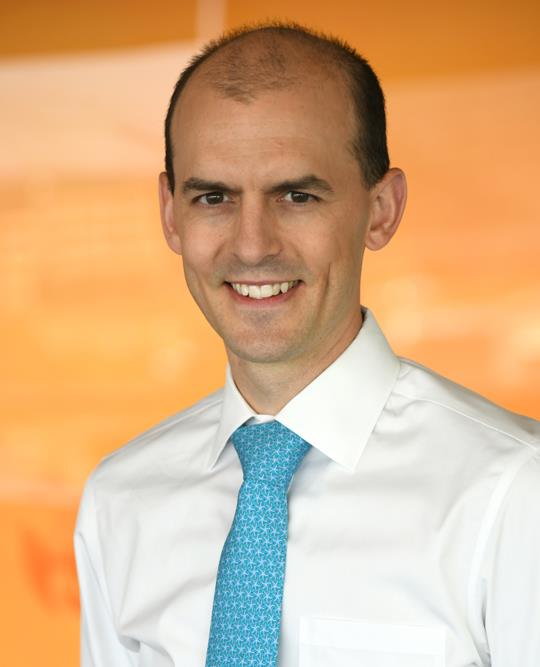
Kyle Rove, MD
Urology - Pediatric, Urology



 720-777-0123
720-777-0123




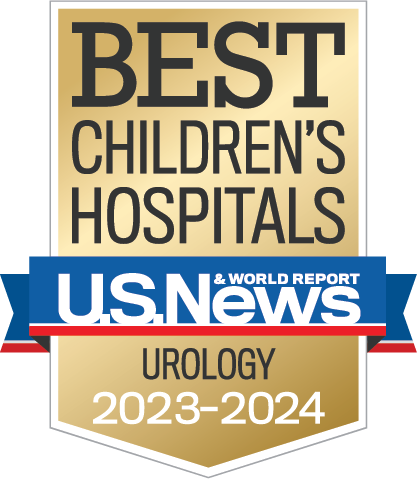 At Children’s Hospital Colorado, we treat the big things, the small things and everything in between.
At Children’s Hospital Colorado, we treat the big things, the small things and everything in between.